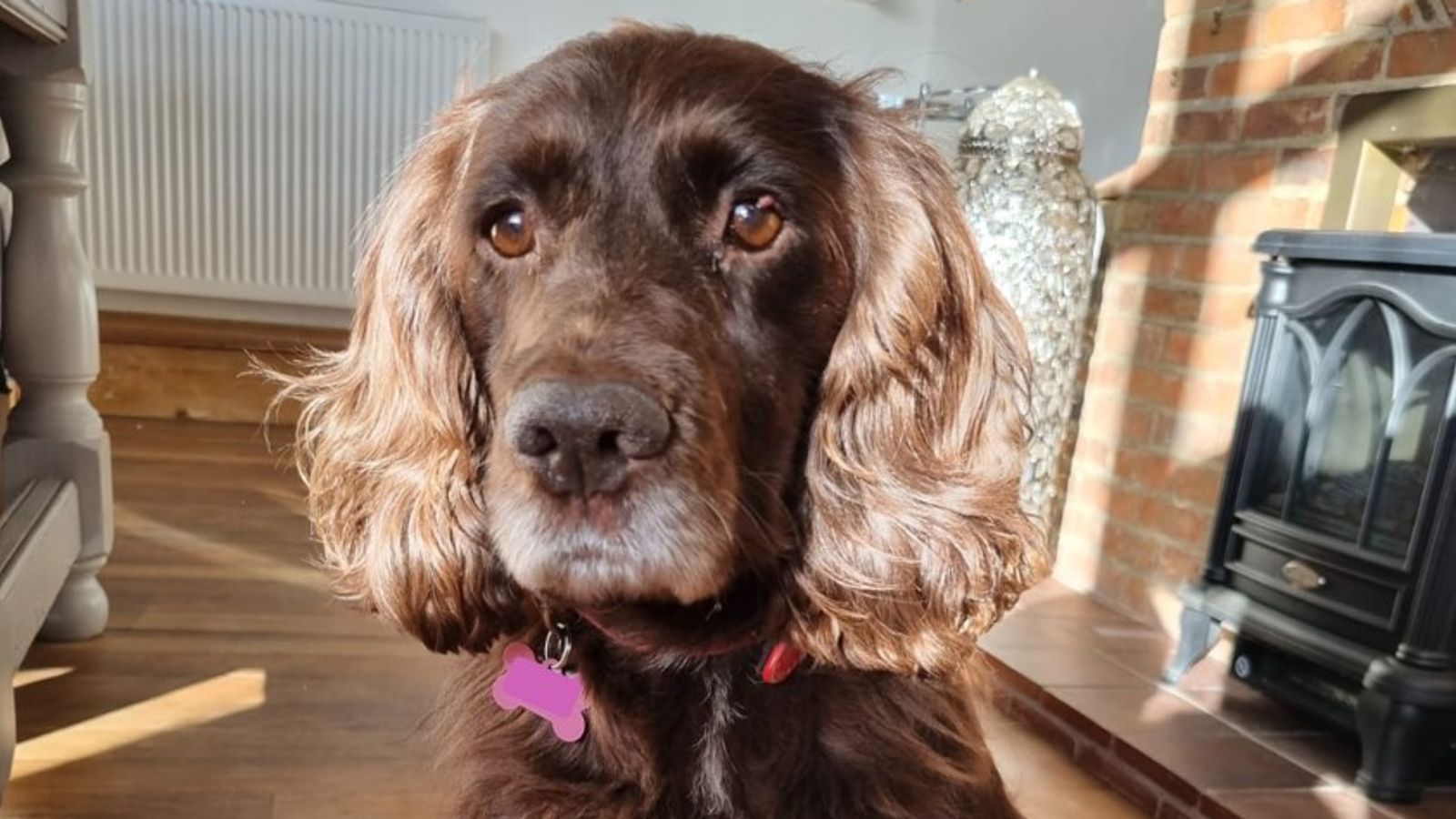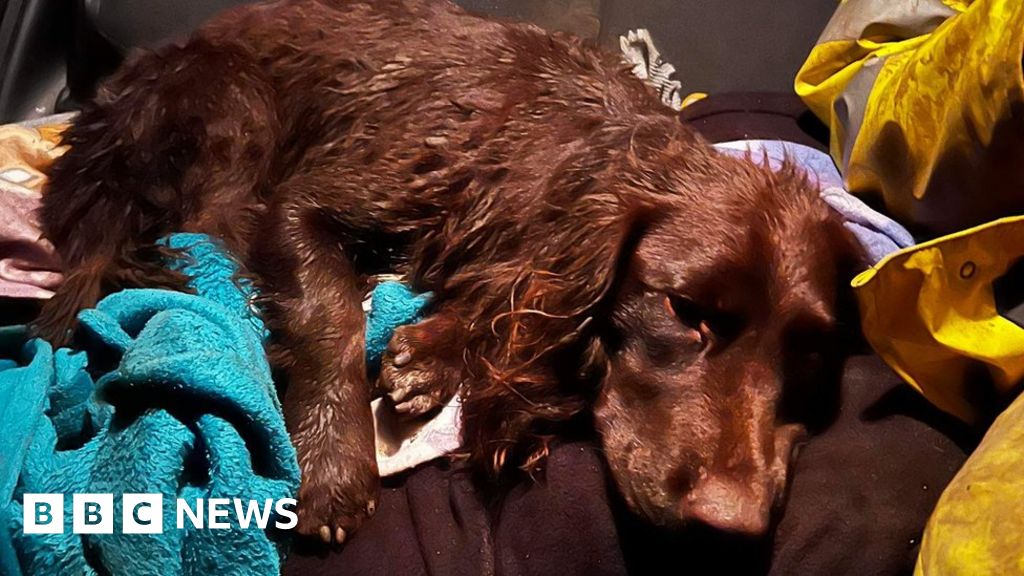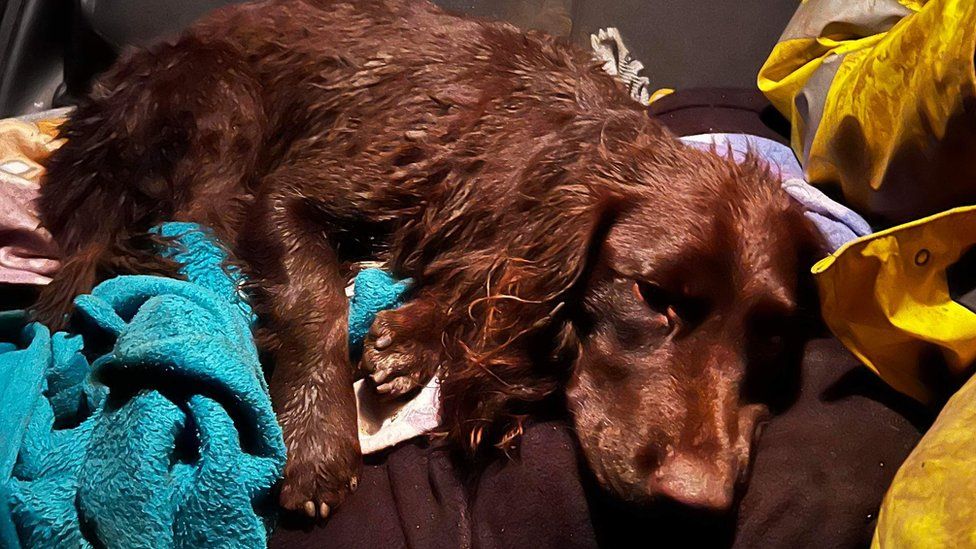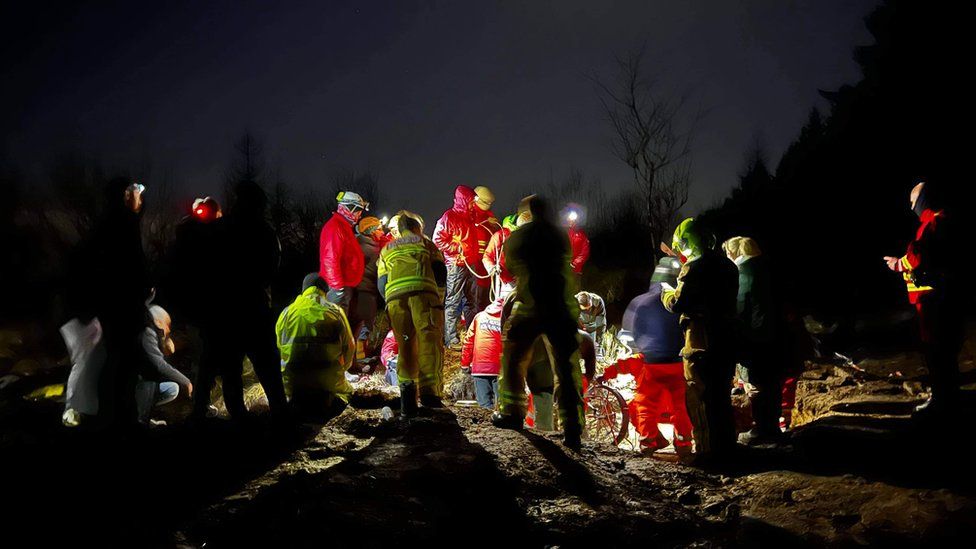Vets have begun prescribing the antidepressant Fluoxetine — sold under the brand name Prozac for humans — for stressed-out pets, now that the drug has been licensed for dogs in Ireland.

www.independent.ie
Vets have begun prescribing the antidepressant Fluoxetine — sold under the brand name Prozac for humans — for stressed-out pets, now that the drug has been licensed for dogs in Ireland.
Sold as Reconcile, it is being used to treat dogs that are feeling blue or missing their owners to the point that they are hurting themselves or causing damage to their owner’s property.
The licensing of the medication is welcome news for vets and pet owners who have been noticing an increase in mental health problems during lockdown.
Vet and animal behaviourist Dr Claire Corridan said she has worked with clients whose dogs are causing thousands of euro worth of damage to their homes as they try to claw their way out to reunite with their owner.
“Reconcile is best known as Prozac, so this is a medication that has been around in human psychiatric medicine for a long time,” she said.
“It is brand new here and it has been licensed in recent weeks, although it has been licensed across the world for a long time.”
Describing it as a “mood modifier”, she said it is being used to “stabilise the animal’s mood, increase serotonin and reduce cortisol, which is their stress hormone.”
Dr Corridan, who is based in Limerick, said vets are seeing a surge in separation anxiety in pets when owners leave the house even for short periods now that restrictions have eased since lockdown.
Describing the two main displays of a stressed animal, she said some pets will become anxious, “hyper vigilant, looking for their owner, running between doors and windows and unsettled”, while others will become visibly depressed, refuse to eat or play with toys and show a total lack of interest in anything other than their owner once they return.
Dr Corridan regularly asks clients to video their dogs’ behaviour to gauge the extent of the anxiety.
Daily Digest Newsletter
Get ahead of the day with the morning headlines at 7.30am and Fionnán Sheahan's exclusive take on the day's news every afternoon, with our free daily newsletter.
Sign Up
“I have seen footage and photographs of people’s houses with thousands of euro worth of damage caused by animals trying to get to them. It’s usually focused around windows and door frames,” she said.
Dr Corridan said dogs can also self-harm when they have no other outlet for their distress.
“They start licking and chewing the skin and that releases endorphins that help them to feel better. It’s equivalent to a person pulling their hair or hurting or damaging their skin.”
In the past, vets here could only prescribe the human version of Prozac to dogs and found it difficult to get them to swallow the medication due to the taste.
Larger doses for human treatment also meant the tablet had to be broken down and crushed into food.
There has been more of a focus on the mental health of pets since the pandemic, but Dr Corridan said it is vital that the mood-altering medications are used only as a short-term solution to lead the dog to healthier behaviour rather than a “quick fix” .
“The absolute most important thing to say is that medication on its own is not going to solve the problem,” she said, adding that vets must only use the treatment in conjunction with behavioural modification.
“If an animal is physiologically stressed when an owner leaves the house, sometimes they are just so stressed that re-training is impossible because they are unable to concentrate for any length of time, just like a person who has got depression, so the medication can help to reduce their stress levels and improve their moods to the point that we can work to re-train them.
“Ultimately, we train these animals to cope during time spent on their own, so using medication on its own is not a quick fix.”
Dr Corridan said it takes time and perseverance from the owner to get their dogs back to a place where they are feeling happy and safe in their own company.
“I would often encourage people to think about filling their dog’s life with positives such as toys, tennis balls, shoes, or feeding their meals in food dispensing toys or even a treasure hunt in the garden for them to enjoy when the owner is not there,” she said.














